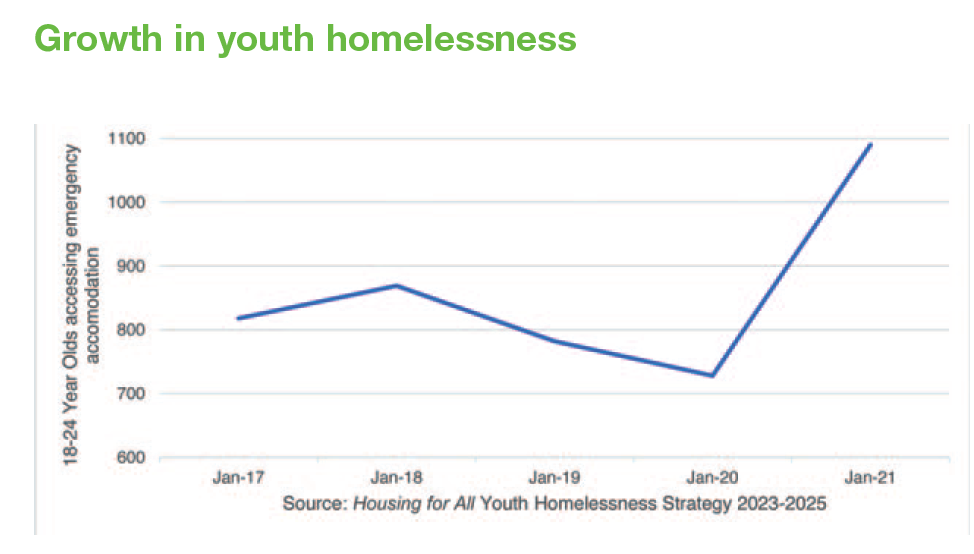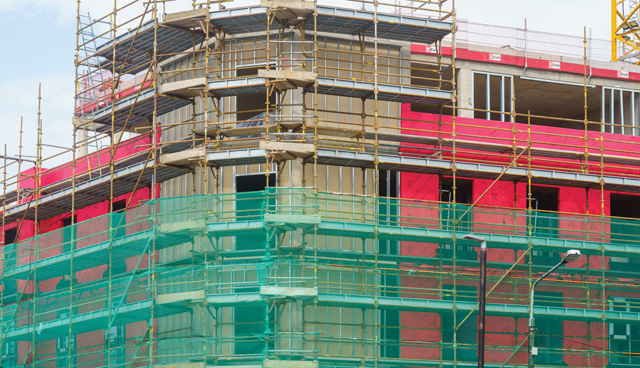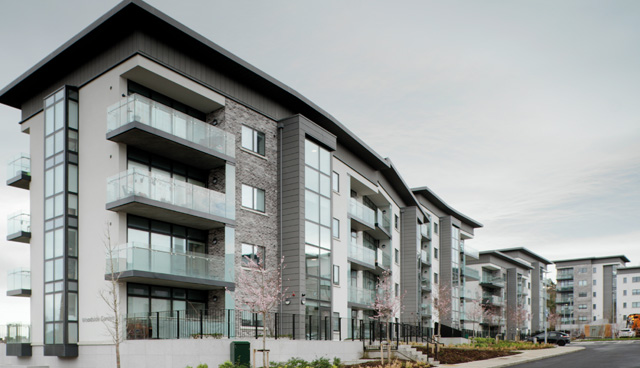
Breathing new life into derelict and vacant properties across Fingal
18th July 2023
Supporting the delivery of new homes
18th July 2023Addressing the rise of youth homelessness

Homelessness among young people has risen by 57 per cent in the past five years, prompting the Government to develop a strategy working towards ending homelessness for young people aged between 18 and 24.
Recent figures showing young people aged between 18 to 24 make up some 17 per cent of all people accessing emergency accommodation in Ireland do not offer a full picture of the worsening level of youth homelessness in Ireland.
Worryingly, despite addressing the housing crises and the reduction and prevention of homelessness featuring high on the Government’s priorities, youth homelessness has been increasing in recent years, with homelessness amongst the 18 to 24 age group rising by 57 per cent in the last five years.
In June 2021, Ireland signed the Lisbon Declaration on the European Platform on Combatting Homelessness. The Declaration commits all signatories, Ireland included, to working towards the ending of homelessness by 2030.
Following commitments in the Programme for Government and Housing for All to develop a Youth Homelessness Strategy. Publication at the end of 2022 came with 27 specific actions delivering on three main strategic aims of:
- preventing young people from entering homelessness;
- improving the experiences of young people in accessing emergency accommodation; and
- assist young people in exiting homelessness.
The strategy focuses on young people aged between 18 and 24 who are experiencing, or at risk of experiencing, homelessness, but also recognises that the cause of homelessness “often begins years before the person turns 18 and will therefore examine causes and make recommendations in that context”.
Young people are disproportionately represented in the homeless population. As of April 2023, 1,491 young people aged between 18 and 24 were accessing emergency accommodation in the State. This accounted for 17 per cent of all adults accessing this service. From December 2020 (the Covid-era low) to July 2022, there was a 70 per cent growth in 18 to 24-year-olds accessing emergency accommodation. In Dublin, where homelessness numbers are highest, there were more single presentations across the 18 to 24-year-old cohort than any other five-year age range in 2021.
Recognising the diversity which makes up a ‘youth’ age range, the strategy identifies and includes specific actions to help six specific cohorts as being of heightened vulnerability in the form of care leavers; people with disabilities; young parents; members of the Traveller community; LGBTI+ community members; and individuals leaving prison services.
Preventing young people from entering homelessness
The first strategic aim of the strategy focuses on prevention, recognising that the right supports at the right time can be crucial to ensuring the wellbeing and successful development of a young person.
Included in a variety of actions outlined in the strategy is the development and implementation by local authorities, working with DCEDIY and Tusla, of clear processes to identify young people at risk of homelessness, with consideration for the possible strategic pathways that could guide young people away from presenting as homeless.
Alongside measures to strengthen support structures for young people and families who are experiencing domestic conflict and breakdown, the strategy aims to enhance connectivity between local authorities and Tusla. Housing for All includes the action “Enhance family support and prevention and early intervention services for children and their families through a multiagency and coordinated approach, and disseminate innovative practice”, and subsequent subgroups of the National Homeless Action Committee, one focused on enhancing family support and prevention and early intervention services for children and their families, and another focused on young people leaving prison, are delivering recommendations, which should be implemented.
To improve the experiences of young people in accessing emergency accommodation
The second strategic aim of improving the experiences of young people in accessing emergency accommodation recognises that that emergency accommodation is not a substitute for a proper home and that a young person’s stay in emergency accommodation should be as brief as possible.
The Strategy recognises that those on the frontline have an invaluable role in providing support to vulnerable young people, adding that the “importance of knowledgeable and empathetic service providers cannot be underestimated”.
The strategy commits the Department of Children, Equality, Disability, Integration and Youth, liaising with Tusla and the local authority sector, to examine the establishment of a framework for specific assessments for young people presenting to services in order to identify supports required. Another significant commitment is a review of mental health supports for young people in emergency accommodation, recognising that mental health services need to be well-equipped to support young people who encounter such difficulties.
Importantly, the strategy requests authorities to ensure the specific inclusion of young people in Regional Homelessness Action Plans, with consideration given to those who have been identified in the strategy as vulnerable cohorts.
Assist young people in exiting homelessness
The third strategic aim of the strategy recognised that “in order to minimise entrenched long-term homelessness and the ‘institutionalisation’ of individuals within homeless services, it is essential for young people to exit into sustainable housing solutions to mitigate, as far as possible, the risk of re-entry into homelessness”.
To do so, the strategy proposes the development of a pilot model of a housing-led intervention for young people: Supported Housing for Youth (SHY). The Strategy commits to developing a national model for SHY, which will be a youth housing-led intervention for young people with complex needs, who have experienced homelessness. Additionally, there are plans to pilot the use of social housing as shared accommodation for single young people on the social housing waiting list, to meet their immediate housing needs.
Following the publication of the strategy, a steering group has been established under the auspices of the NHAC to drive delivery and monitor progress. The group will meet regularly and be required to provide a progress report of actions at each quarterly NHAC meeting. Membership of the group is set to be reviewed annually.







